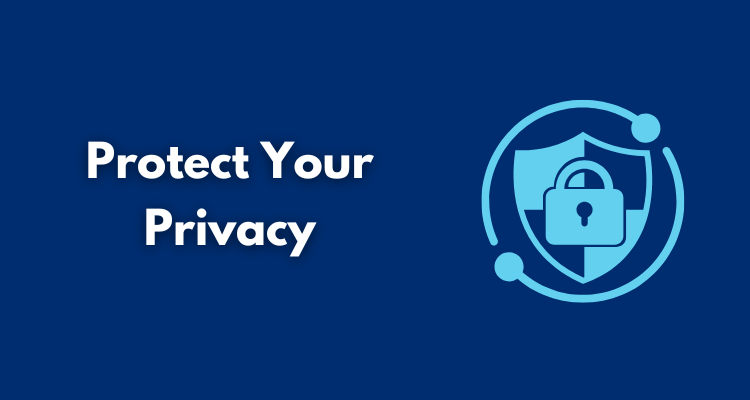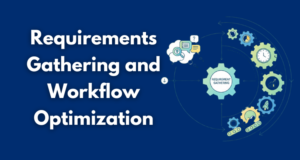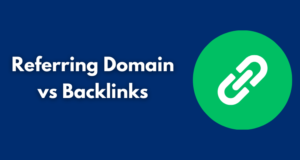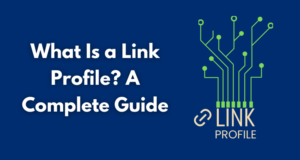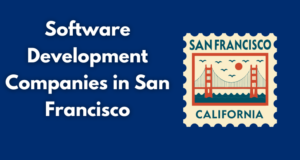As much as AI-tech has created exciting new possibilities, it can be scary how much it knows about you. With AI models collecting and using personal data, sometimes without permission, the privacy risk they pose is very real.
Right now regulatory authorities are still scrambling to come up with frameworks that mitigate that risk without hampering AI development. In the interim, it will be largely up to you to take steps that protect your privacy in this new AI era.
Want to know what to do and whether installing a VPN or some other tool will work? Keep reading to find out 5 great ways you can reduce the risk of AI-fueled privacy invasions.
Table of Contents
Toggle1. Limit What You’re Sharing

If you’re serious about protecting your privacy, you need to be aware of what data you’re sharing – and limit it so you don’t hand over your personal information on a silver platter. There are several ways you can do this:
- Stop oversharing on social media by making your profiles private, and not posting personal information, or location-tagging content.
- Check privacy policies for data sharing with third parties. Lots of apps collect, share, and sell data that may be completely unrelated to their purpose.
- Use privacy-focused alternatives such as Signal for messaging, or DuckDuckGo for search as they don’t track and capture as much data.
2. Use Privacy and Anti-Tracking Tools
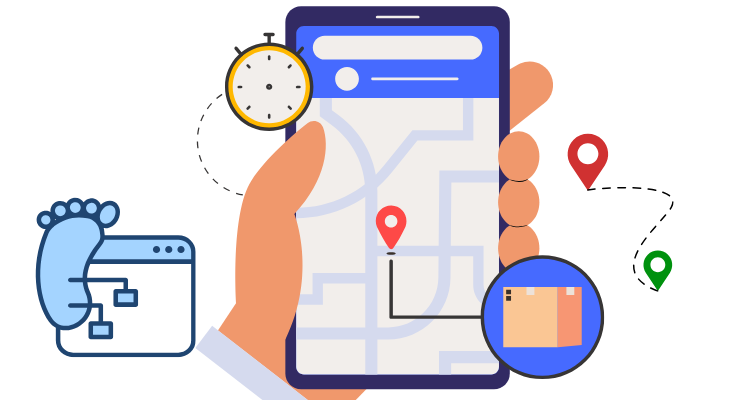
Nowadays there are quite a number of privacy and anti-tracking tools that you can use to prevent data from being collected. Some of the options out there include:
- Privacy-focused browsers such as Brave can block many trackers and ads by default.
- Anti-tracking extensions such as AdGuard.can filter trackers, while others such as Privacy Badger can block them by observing their behavior.
- VPN providers can hide your IP address to mask your location, encrypt data, and prevent your ISP from tracking your browsing habits.
By taking advantage of these tools, you can effectively block a lot of data from being collected, and will be less exposed to AI models.
3. Be Skeptical of ‘Free’ Services
Always remember that when something is ‘free’ that means you’re probably the product. Many free apps nowadays make money by collecting data, analyzing user behavior, and selling those insights to advertisers or AI companies.
If possible, choose to opt out of data collection or avoid using such apps entirely. At times this may not be feasible, in which case you can try to limit what you share or use adblockers, VPNs, or other privacy tools to make it harder to collect your data.
4. Secure Your Accounts and Devices
The rise of AI has resulted in new, AI-powered hacking tools and malware that are smarter and more dangerous than their predecessors. To ensure that you aren’t vulnerable you need to take steps to secure your accounts and devices so as to avoid a data breach.
Start with the basics and use strong and unique passwords, enable two-factor authentication, and update your software regularly with the most recent security patches. On top of that, encrypting the data on your hard drive using BitLocker can also help protect it.
5. Beware AI-Powered Scams
AI is very good at making fake things appear real – which unfortunately makes it perfect for creating sophisticated scams involving deepfake videos, voice-cloning, phishing emails, and more. Falling victim to these scams could expose your personal information – so you need to be wary of them.
As a rule, always be skeptical of any unsolicited email, call, or message that you receive. Take the time to verify the identity of the party contacting you by looking up their contact information online and reaching out to them directly. With a bit of patience and critical thinking, you should be able to avoid most scams.
Final Words: Stay Informed
Knowing how to protect your privacy is a good start, but remember that the AI landscape is constantly evolving. It is important that you stay on top of new developments and understand what AI can do if you want to be less vulnerable to privacy risks.
Right now, taking the steps listed above will put you on the right track and help develop a strong foundation by taking control of your own data and protecting it. As AI continues to develop, you can build on that to minimize the risk of being exposed.

